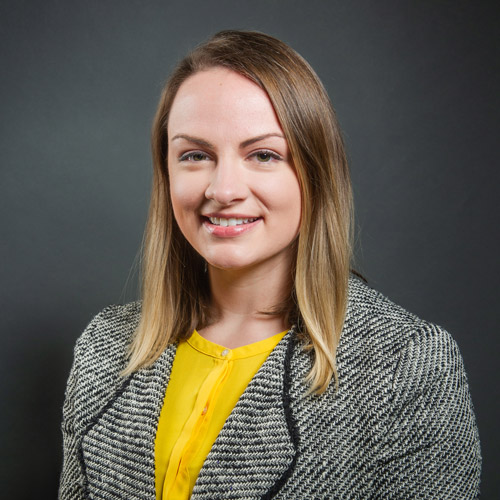Boston University Weekly COVID-19 Report: October 14 to 20
As cases rise, contact tracing team asks students for candor—“The BU Healthway team is not interested in disciplinary action, that’s not the role of medical staff”
Boston University publishes its COVID-19 testing data on a public-facing dashboard. Gloria Waters, BU vice president and associate provost for research, and Judy Platt, director of BU Student Health Services, provide a weekly update on the overall health of the BU community.
As cases begin to rise at Boston University, Judy Platt wants students to hear one message loud and clear: people who are candid with BU’s contact tracing team about gatherings they’ve been to or close contacts they’ve encountered will not be referred for disciplinary actions.
“People need to know they can trust the contact tracing teams,” she says. “There is so much concern among students about penalties and being suspended, but those fears have great potential to thwart our efforts to investigate cases. Students need to know that we do not share what they tell us with the Dean of Students office.”
Between October 14 and 20, 30 students tested positive for coronavirus. For faculty and staff, that number was eight.
Of the recent new coronavirus cases on campus, Platt says 10 were linked to a single off-campus party that had fewer than 25 people, according to people who attended. “The BU Healthway team is not interested in disciplinary action, that’s not the role of medical staff,” she says.
But Platt is worried more cases may be on the horizon.
“When there’s a gathering, it can take many days for people’s testing to turn positive,” she says. “To see the full impact of a gathering, it takes some time.”
Gloria Waters is paying particularly close attention to off-campus students, as their testing compliance numbers continue to be significantly lower than the rest of the BU community.
“We have an open campus, where you don’t need swipe access to get into our buildings,” Waters says. “So, we are concerned that there may be off-campus students taking classes entirely remotely”—which puts them in a less frequent testing category—“but still coming to campus for other reasons that we don’t know about.” They could be meeting with friends, studying with classmates, any sort of interaction that requires frequent testing.
What’s the most likely cause for the increase in coronavirus cases, both at BU and around Greater Boston? “Weather is getting cooler, people are gathering more indoors, people are trying to adapt to this new normal,” Platt says. “You can’t live in a bubble; you’re going to have a few groups that you intermingle with and engage in activities that might require you to take your mask off, like sharing a meal.”
This isn’t unique to BU, she says. Pandemic fatigue is setting in. “It’s very challenging to not be interacting in person with people for months,” she says. “This is happening all over the state and the country.”
On October 20, Massachusetts reported 976 new confirmed cases, up 16 percent over a 14-day period, and 60,598 new cases were reported across the United States, a 36 percent increase over a 14-day period. On October 21, Boston Public Schools announced all students would move to remote learning as a result of an increasing number of coronavirus cases.
Meanwhile, the Centers for Disease Control and Prevention (CDC) updated its guidelines on the definition of “close contact.” For months, the CDC has said close contact meant 15 minutes within six feet of someone who tested positive for the virus. The CDC now says the definition of close contact includes spending shorter but repeated amounts of time with someone who tested positive, altogether adding up to 15 minutes or more over 24 hours.
The new close contact definition makes it all the more critical for students who believe they may have been exposed to someone who tested positive for coronavirus to reach out to BU Healthway and speak up.
“This is not about shaming people—we know get-togethers happen. It’s the same situation as with HIV or STIs, where knowledge is power,” Platt says. “Don’t be afraid to come in. Get tested. Don’t lag on your compliance.”
Students who have not yet been contacted by tracers, but believe they have been in close contact with someone who tested positive for coronavirus should call BU Healthway at 617-353-0550.
Gloria Waters has spearheaded teams of BU scientists in their development and deployment of a campus-wide COVID-19 testing program and mathematical modeling of community behavior. Judy Platt, chair of BU’s Medical Advisory Group, oversees clinical management and isolation of students and employees who test positive for coronavirus, and helps manage BU’s contact tracing efforts. They are co-chairs of BU’s Vaccine Preparedness Group, which is overseeing the distribution of COVID-19 vaccines allocated to BU by the Massachusetts Department of Public Health.

Comments & Discussion
Boston University moderates comments to facilitate an informed, substantive, civil conversation. Abusive, profane, self-promotional, misleading, incoherent or off-topic comments will be rejected. Moderators are staffed during regular business hours (EST) and can only accept comments written in English. Statistics or facts must include a citation or a link to the citation.